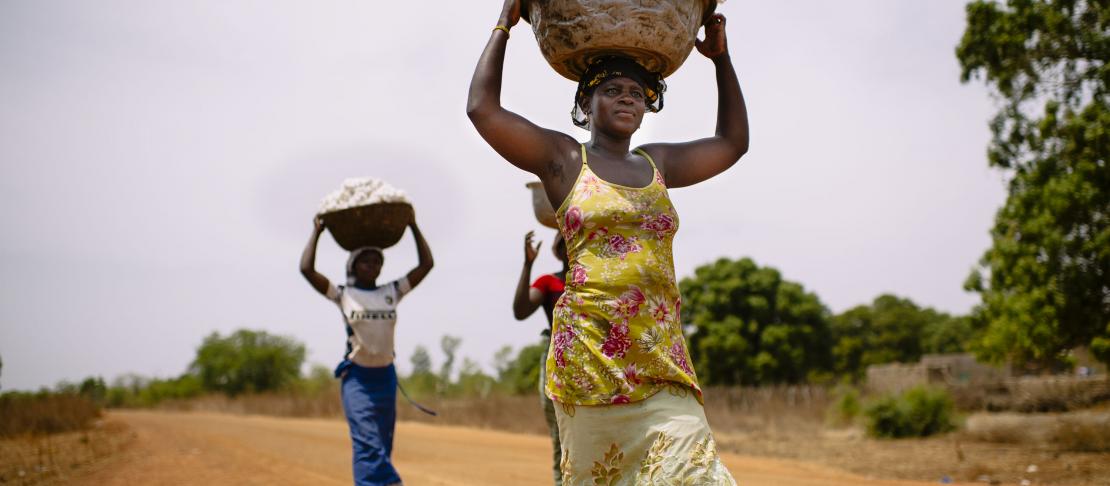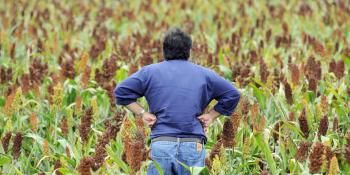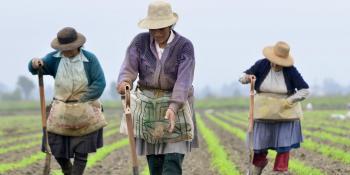Post COP21 planning: Incorporating gender in development plans

Report back from Africa Pavilion side event at COP21 on gender and climate change post a 2015 agreement.
Original report by Mary Nyasimi was published on the Climate and Agriculture Network for Africa (CANA).
The 2015 United Nations Climate Change Conference (COP21) has been the most anticipated climate change event this year because it seeks to reach a new universal climate agreement that will take over from the Kyoto protocol; with an aim to limit warming to no more than two degrees Celsius.
The severity of the effects of climate change and variability continue to negatively affect performance of Africa’s critical economic sectors. Furthermore, it affects men, women and children differently due to differential access to resources and climate information, position in the community, and ability to make decisions. The importance of gender issues with regards to climate change was recognized on 8 December at COP21 through a series of events devoted to promoting an inclusive and equitable agreement in Paris.
On 30th November, at the African Pavilion, a side event presented by the Climate Change and Peace Building Focal Point was held to discuss ‘Gender, Climate Change and Sustainable Development in Africa: Challenges and Opportunities post 2015 agreements. The event aimed to increase awareness of the importance of gender integration and mainstreaming within the relevant agendas to effectively address the differential needs of women, men and other vulnerable groups. There was consensus on the need to make concrete commitments towards gender equality, women’s rights and women’s empowerment for both existing and new opportunities across.
The CGIAR Research Program on Climate Change, Agriculture and Food Security (CCAFS) Gender and Policy Specialist Mary Nyasimi was part of the organizing team of this event. Read her report posted on the Climate and Agriculture Network for Africa website: How Significant is COP21 for Africa’s Women and other Vulnerable Groups?
Additional reading:
Where women decide: faster adaptation, more resilience
Tackle gender gaps to improve food security, say researchers
CCAFS Policy Brief: Supporting women farmers in a changing climate: five policy lessons
Solomon Kilungu is a Communication Assistant and Vivian Atakos is a Communication Specialist. Both work for CCAFS East Africa.



